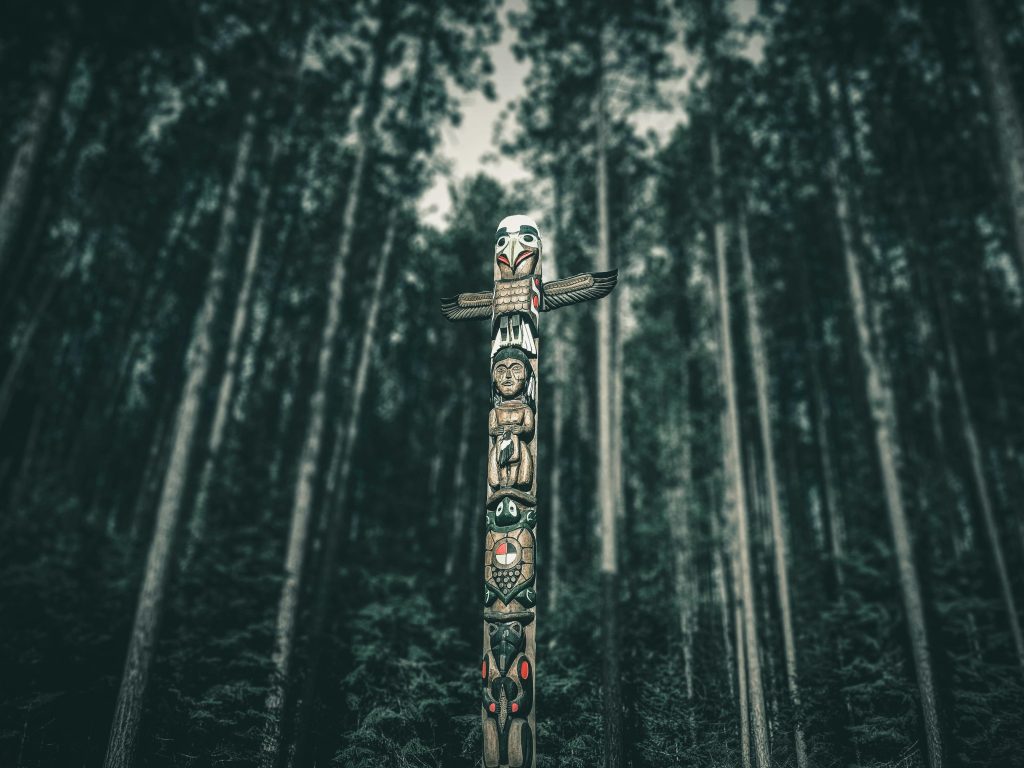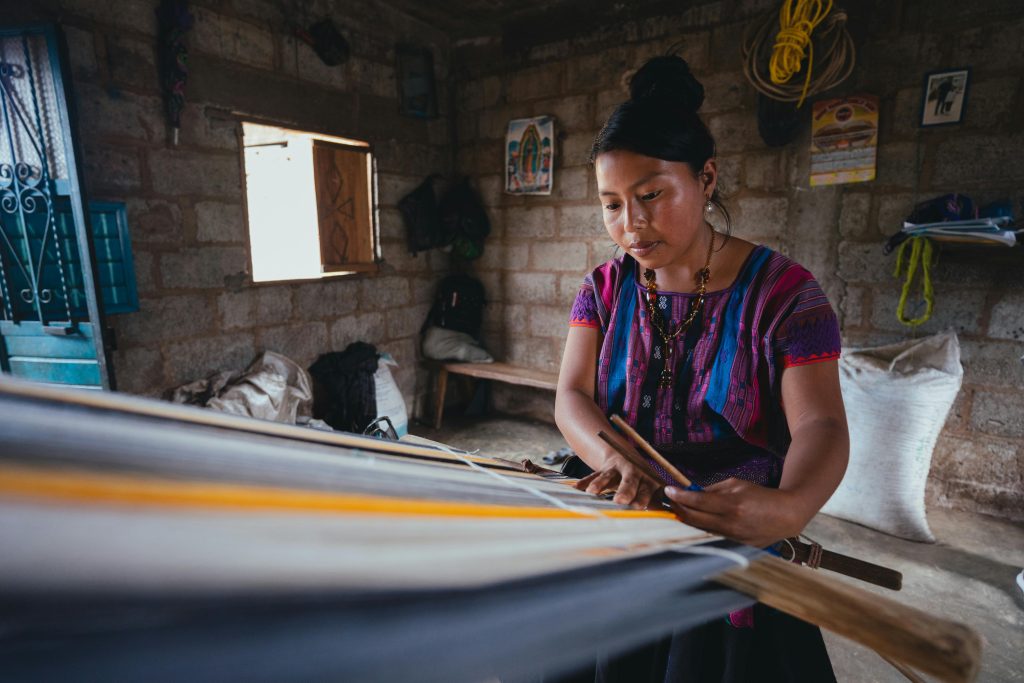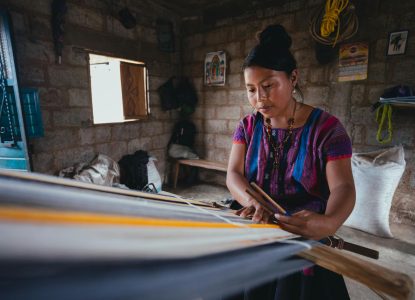By JoAnne Wadsworth, Communications Consultant, G20 Interfaith Forum
— —
On October 17, 2024, the G20 Interfaith Forum, in collaboration with the International Academy for Multicultural Cooperation, the Seventh Generation Fund for Indigenous Peoples, and the United Religions Initiative, hosted a special webinar on Indigenous Peoples’ Day. The event focused on addressing the lasting impacts of colonialism while celebrating Indigenous resilience and exploring pathways toward cultural revitalization.
The webinar was moderated by Ja:no’s-Janine Bowen, Director of Seneca Language at Allegany Territory and member of the G20 Interfaith Forum Anti-Racism Initiative. Featured speakers included Francisco Morales, Global Council Trustee for Latin America and the Caribbean at the United Religions Initiative, and Fany González from Panama’s Pueblo Kuna community, representing Mujeres Kunas Artesanas.
Francisco Morales: Breaking Free from Colonial Legacy
Francisco Morales provided a powerful analysis of colonialism’s impact on Indigenous communities and the importance of moving beyond historical trauma toward empowerment. He emphasized the need for Indigenous peoples to reclaim their agency while maintaining their traditional wisdom about living in harmony with nature. Morales highlighted the successful use of writing and modern communication tools to preserve and share Indigenous knowledge.

Morales also addressed the critical issue of urban Indigenous identity, challenging the notion that Indigenous communities can only exist in traditional territories. He emphasized that modern Indigenous identity must encompass both urban and rural experiences, particularly as younger generations seek educational and economic opportunities in cities. His work focuses on helping communities maintain cultural connections while adapting to contemporary challenges.
“We are in what we call ‘pachacute’ – a moment of inflection, a moment of paradigm change. We need to understand that Indigenous wisdom isn’t just about preserving the past; it’s about shaping the future. Our ancestral knowledge about living in harmony with Mother Earth is exactly what the world needs now.”
Fany González: Preserving Cultural Heritage Through Traditional Arts
Fany González shared insights from her work with Mujeres Kunas Artesanas, discussing their efforts to preserve and promote traditional Kuna crafts, particularly the mola. She described their initiatives to teach young girls traditional sewing techniques and the importance of maintaining cultural practices while adapting to modern markets.

González also detailed their organization’s broader work in community development and youth empowerment. Their programs extend beyond craft preservation to include economic empowerment for women, cultural education for youth, and initiatives to combat discrimination against Indigenous communities in Panama. She emphasized how traditional crafts serve not just as cultural artifacts but as vehicles for economic independence and cultural pride.
“For us, the mola is not just a garment or craft – it’s our worldview woven into fabric. Each design carries a message, a story of our people. When we teach our young girls these traditions, we’re not just teaching them to sew; we’re passing on our way of seeing and understanding the world. This is why our work of preservation is so crucial for future generations.”
Q&A Session Highlights
During the discussion, several key questions were addressed by the speakers:
- Religious and Spiritual Identity
-
- Questions about balancing traditional spirituality with organized religion
- Morales discussed the complex relationship between Indigenous spirituality and Christianity
- Emphasized the importance of recovering ancestral spiritual practices while respecting individual choices
- Urban Indigenous Experience
-
- Addressing challenges faced by Indigenous people in cities
- Strategies for maintaining cultural identity in urban settings
- Importance of creating urban Indigenous communities
- Environmental Stewardship
-
- Discussion of Indigenous approaches to environmental protection
- Connection between traditional knowledge and modern environmental challenges
- Role of Indigenous communities in addressing climate change
- Cultural Preservation
-
- Questions about teaching traditions to younger generations
- Strategies for combining traditional practices with modern life
- Role of technology in preserving cultural knowledge
- Economic Development
-
- Balancing traditional practices with economic opportunities
- Role of artisanal crafts in economic independence
- Importance of Indigenous-led development initiatives
Conclusion
The webinar highlighted the critical importance of Indigenous voices in global discussions about cultural preservation, environmental stewardship, and sustainable development. As the G20 Summit approaches, these insights from Indigenous leaders underscore the need for inclusive policies that respect and support Indigenous communities’ rights, traditions, and contributions to addressing global challenges. The speakers emphasized that Indigenous resilience isn’t just about surviving past trauma but about actively shaping a future where traditional wisdom and modern progress can coexist harmoniously.
The discussions during this webinar will inform recommendations to be presented to G20 leaders, particularly regarding environmental sustainability, cultural preservation, and inclusive economic development. These perspectives are especially relevant as the global community grapples with climate change, social inequality, and the need for sustainable solutions to worldwide challenges.
— —
JoAnne Wadsworth is a Communications Consultant for the G20 Interfaith Forum Association and Editor of the Viewpoints Blog.


